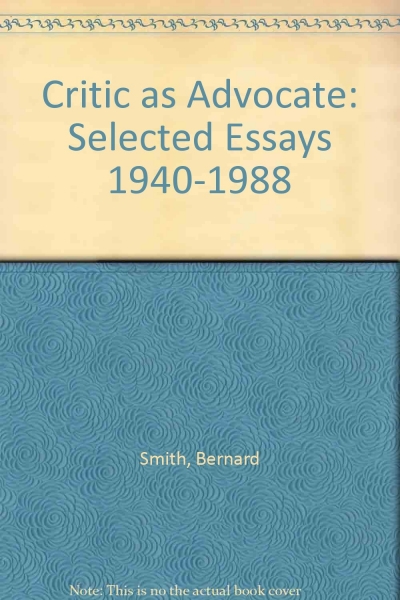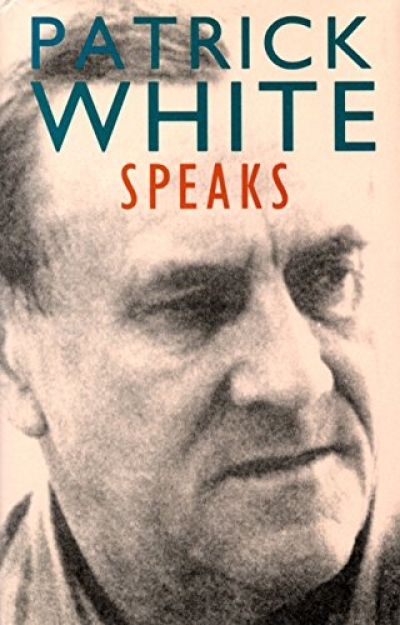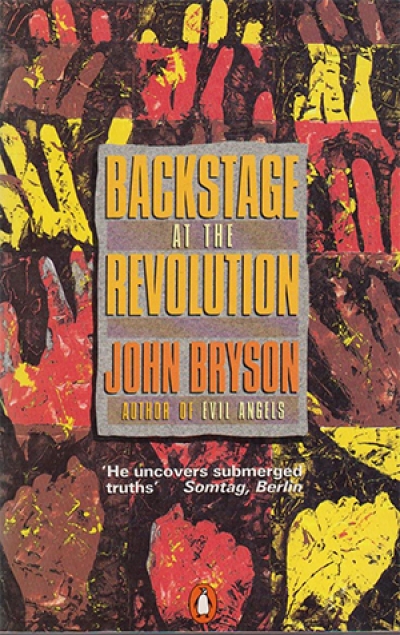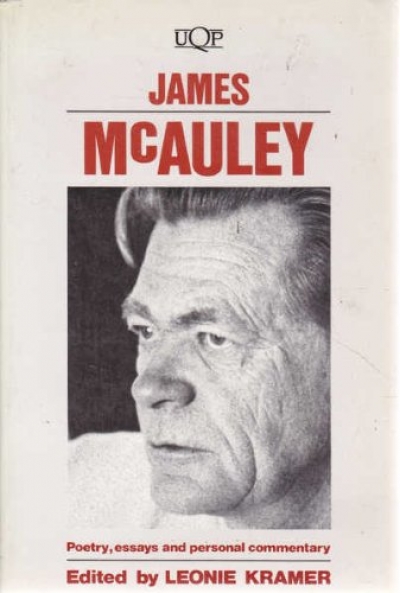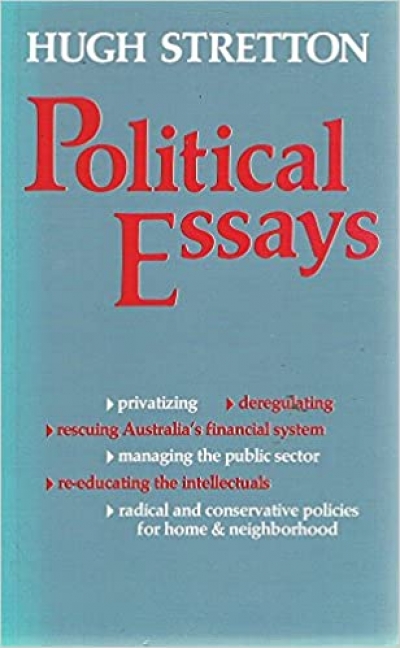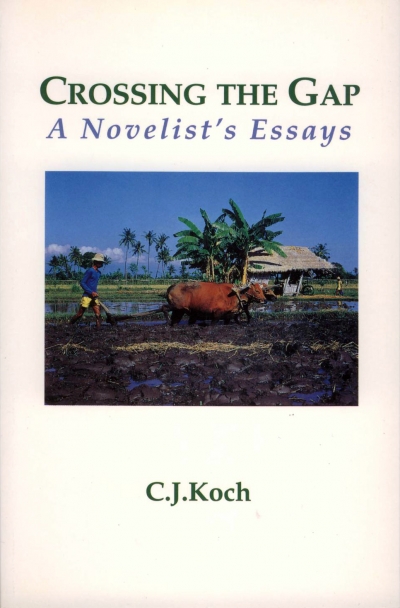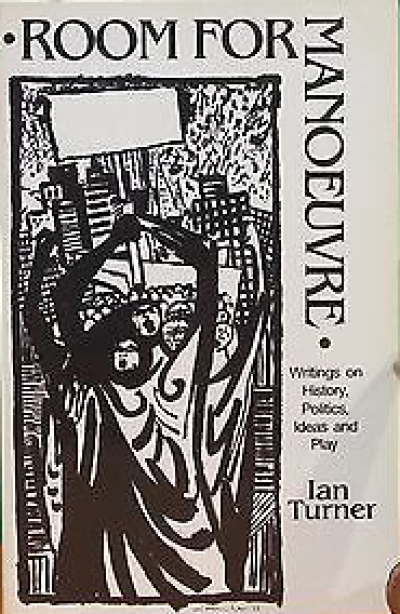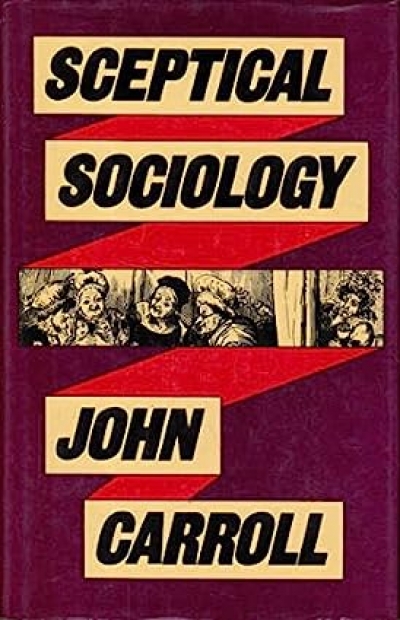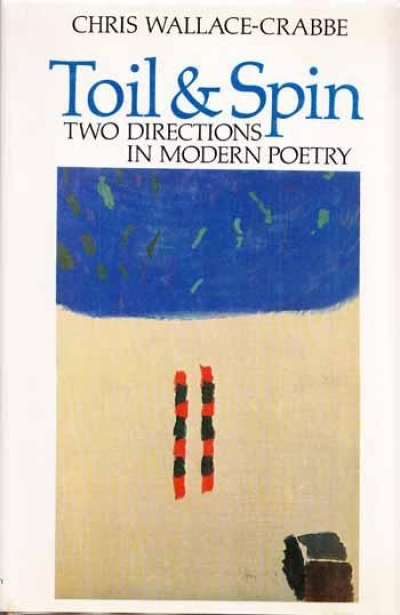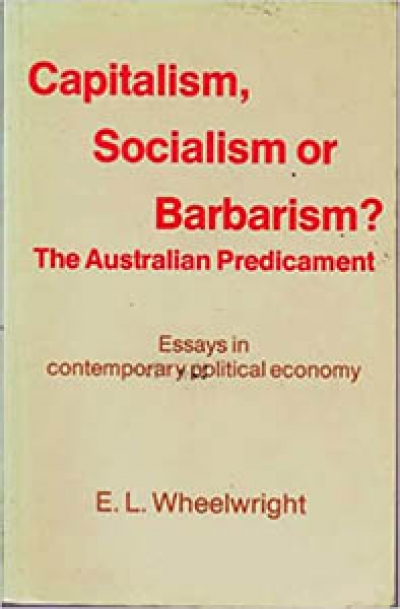Essay collection
The Critic as Advocate: Selected essays 1941–1988 by Bernard Smith
by Heather Johnson •
Patrick White Speaks edited by Christine Flynn and Paul Brennan
by Paul Carter •
James McAuley: Poetry, essays and personal commentary edited by Leonie Kramer
by Lyn McCredden •
Room for Manoeuvre: Writings on history, politics, ideas and play edited by Leonie Sandercock and Stephen Murray-Smith
by Tim Rowse •
Toil and Spin: Two directions in modern poetry by Chris Wallace-Crabbe
by John McLaren •

